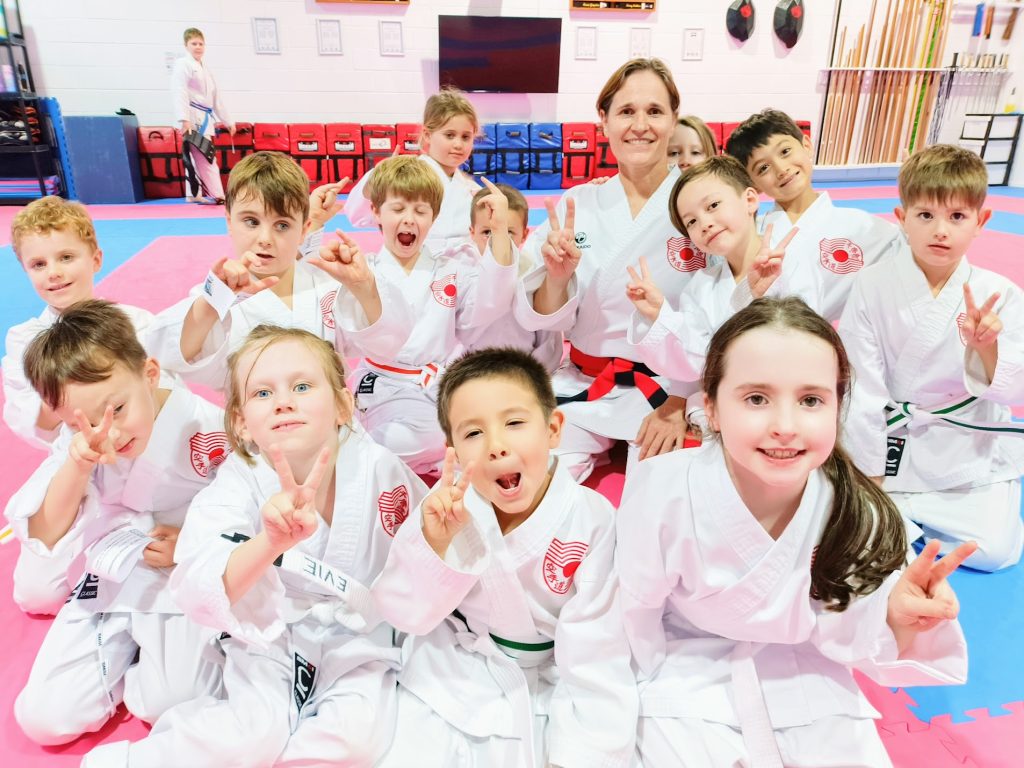Understanding educational learning theories is key to creating a supportive and effective learning environment for your children in our karate dojo. These theories not only enhance their karate skills but also contribute to their overall growth and development.
Let’s explore in brief how these principles benefit your child’s journey in karate and what our teaching team is developing to enrich their experience.
1. Behaviorism
• What is it? Behaviorism focuses on how actions are influenced by rewards and positive reinforcement.
• Practical Example: We use praise and recognition to reinforce good behaviour and technique in your child’s karate practice, fostering motivation and self-discipline.
2. Cognitivism
• What is it? Cognitivism emphasises mental processes like problem-solving and memory in learning.
• Practical Example: Your child learns new kata by breaking down movements and practicing each step, improving their memory and technique.
3. Constructivism
• What is it? Constructivism focuses on learning through active engagement and building knowledge from experiences.
• Practical Example: Through group activities and discussions, your child learns karate principles by sharing ideas and collaborating with peers.
4. Connectivism
• What is it? Connectivism highlights learning through networks, leveraging connections and digital resources.
• Practical Example: Your child uses online resources (member website) to explore new karate techniques, connecting with peers and expanding their learning beyond the dojo.
5. Humanism
• What is it? Humanism focuses on personal growth, self-directed learning, and realising individual potential.
• Practical Example: Your child practices mindfulness techniques to enhance focus and emotional resilience in karate practice.
What Our Teaching Team is Developing
Our teaching team is dedicated to continuous improvement and innovation in karate education:
• Enhanced Curriculum: We are developing a curriculum that integrates these educational theories to optimise learning experiences for your child.
• Training Techniques: We are exploring new training techniques and methodologies to cater to different learning styles and abilities.
• Parent-Teacher Collaboration: We encourage open communication and feedback from parents to ensure your child receives personalised support and guidance.
Supporting Your Child’s Karate Journey
As parents, you play a crucial role in supporting your child’s karate journey:
• Encourage Learning: Support your child’s curiosity and enthusiasm for karate by providing opportunities for practice and exploration.
• Understand Their Progress: Stay informed about their karate training and celebrate their achievements, no matter how small.
• Promote Well-Rounded Development: Recognise the holistic benefits of karate, such as self-discipline, confidence, and resilience, which extend beyond physical skills.
By understanding these educational theories and our commitment to developing innovative teaching practices, we aim to provide a nurturing environment where your child can thrive both in karate and in personal growth. Together, let’s support and empower your child on their martial arts journey.

